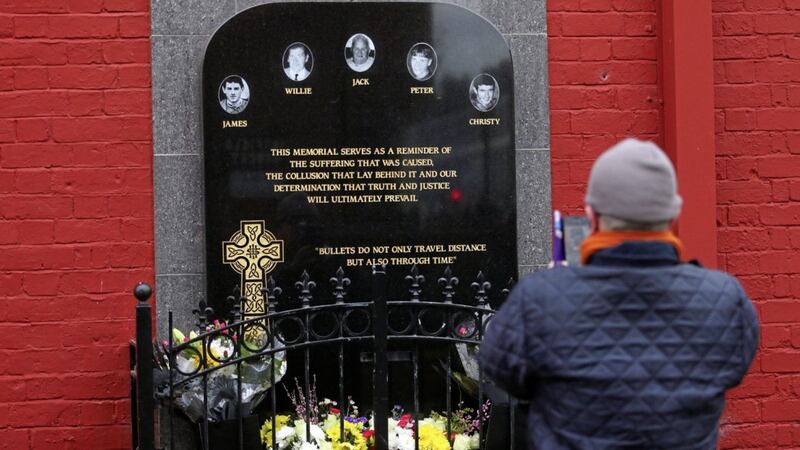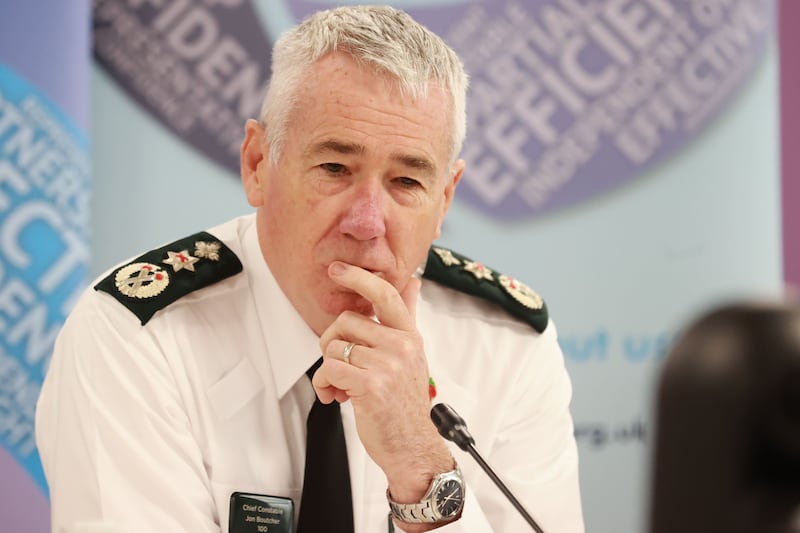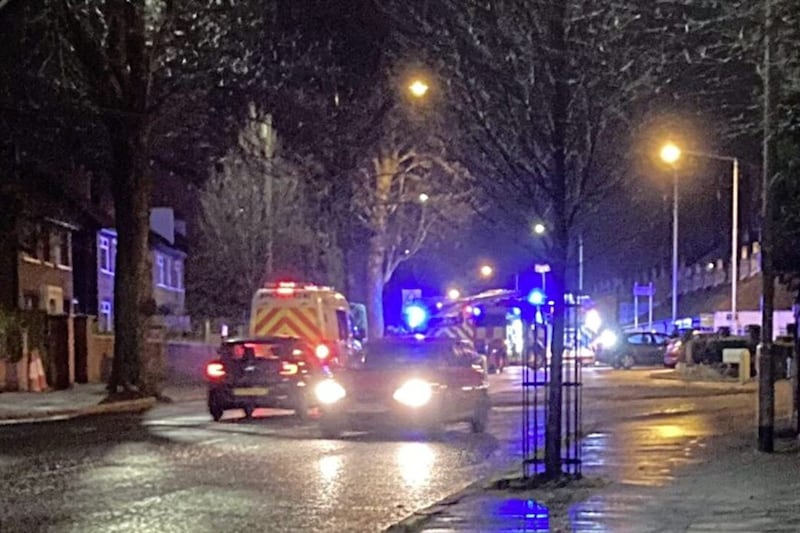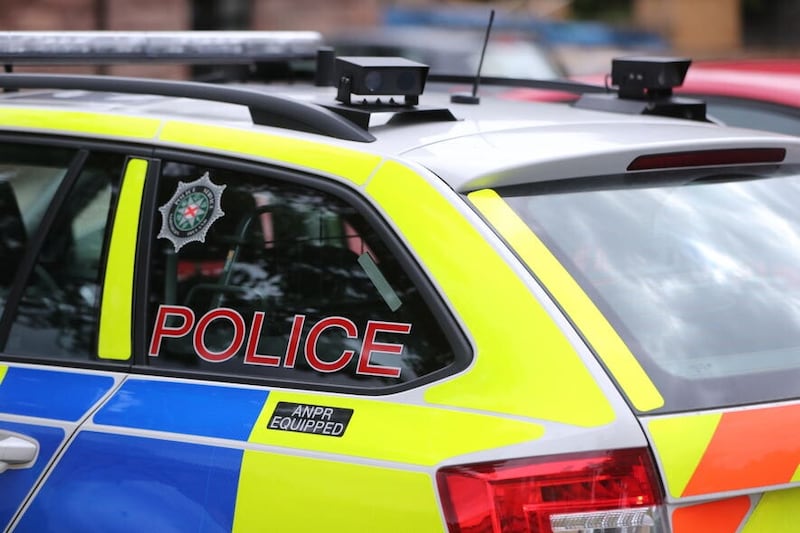At midnight on a Saturday in November 2001, the RUC ceased to exist, replaced with the new Police Service of Northern Ireland.
The first recruits to the newly renamed service started training almost immediately, the last of the RUC signs were removed from outside stations and the old uniforms made their way to Romania, to be reused by the local police there.
I worked on a weekly newspaper at the time, the people I spoke to for a story that appeared in print on the Monday were far from convinced, many were people who had lost loved ones at the hands of the RUC.
This was not as easy as waving a magic wand and undoing past harm, but nothing about our peace process was easy.
Sacrifices were made, identities and beliefs challenged, prisoners walked free and justice was lost to many victims.
PSNI Chief Constable at the time Ronnie Flanagan, a man who represented the old RUC, said making the police service more representative of the whole community could take up to ten years.
At that stage only seven per cent of the RUC was Catholic and with hindsight ten years was an optimistic estimate.
That's not to say that things haven't changed.
Growing up I have no recollection of ever seeing anything that even resembled normalised policing.
The only RUC officers I ever saw were accompanied by a heavily armed unit of the British army and travelled in and out of our estate in armoured land rovers.
As a journalist it can be easy to spot the subtle differences to language used by politicians and political parties when they want to change the narrative and public opinion.
Voters need to be prepared for major policy changes and societal shifts can take time.
So when the Sinn Féin press releases went from using RUC, to RUC/PSNI to just PSNI I knew change was coming.
When in January 2007 Sinn Féin members voted by an overwhelming majority at an extraordinary Ard Fheis to back a motion giving the leadership the power to participate in policing and justice structures, it didn't come out of the blue.
The third reconstitution of the Policing Board in 2007 was historic as Sinn Féin took up its seats.
At this milestone I interviewed an ex-IRA prisoner who told me he looked forward to a time when his children could pursue a career in policing.
There was a brief period after this when there were very real discussions about having a police service where officers could live and work among their own communities.
Twenty-years on from the name change the promise of normalised policing still seems a long way off, if it is even possible at all.
Those young people from nationalist communities who joined the PSNI have had to leave their old lives behind.
The threat from dissident republicans and the failure to properly change the perception of policing in the north from security to community, makes the PSNI a career choice few would consider worth the risk.
Events on the Ormeau Road last Friday when the PSNI arrested Mark Sykes, the victim of a loyalist attack at a memorial for those who died in 1992, has damaged any work done to change the perception of policing.
The decision to target an event to remember the five victims of the Sean Graham attack will now be referenced whenever policing the north is discussed.
Almost a year earlier to the day police were filmed arresting a Troubles victim, Sinn Féin's Michelle O'Neill joined Chief Constable Simon Byrne at the PSNI's training college for a recruitment event.
The first occasion such a senior Sinn Féin figure attended a recruitment drive intended to help address under-representation of Catholic officers.
Progress in recruitment has stalled and is starting to go in a backward direction.
Asked at the time if she would encourage young Catholics to join the police, Ms O'Neill replied: "I think the fact that I am here today speaks volumes in terms of what I am trying to do."
I'm not so sure one year on that the deputy first minister would give the same answer to that same question.
Every action has a reaction and the long term impact of the events of the last week will be felt for some time to come.
That ex-prisoner's children never did join the police, although one did become a politician. That maybe demonstrates what avenue republicans feel is best to effect change.








